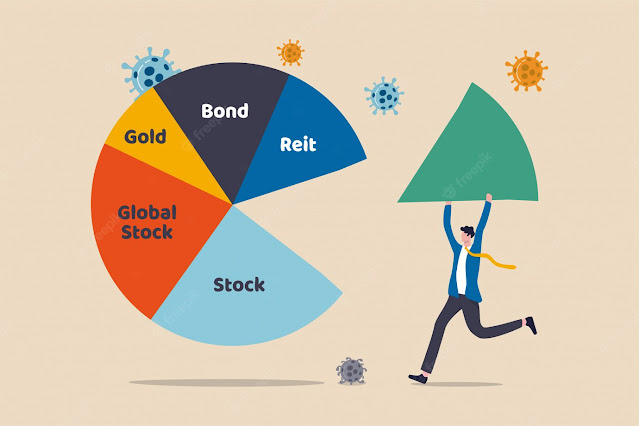Types of Endowment Policy in India

What is an Endowment Policy? One kind of life insurance policy that combines the advantages of insurance protection with savings is the endowment policy. In order to get a lump sum payment at the policy's maturity, endowment plans assist the insured in routinely saving over a certain length of time. In the event that the insured lives through the policy's whole term, the maturity amount is paid. However, in the terrible event that the insured passes away while the policy is in effect, the beneficiary or nominee of the insurance will be paid the sum assured as a death benefit, together with any bonuses. In addition, endowment policies aid in building a financial buffer for the future so that both short-term and long-term financial goals may be accomplished. Types of Endowment Policy Unit Linked Endowment Plan This fixed-term savings plan also offers life insurance as a bonus. The premium paid by the insured under this plan option is divided into several units held unde...





